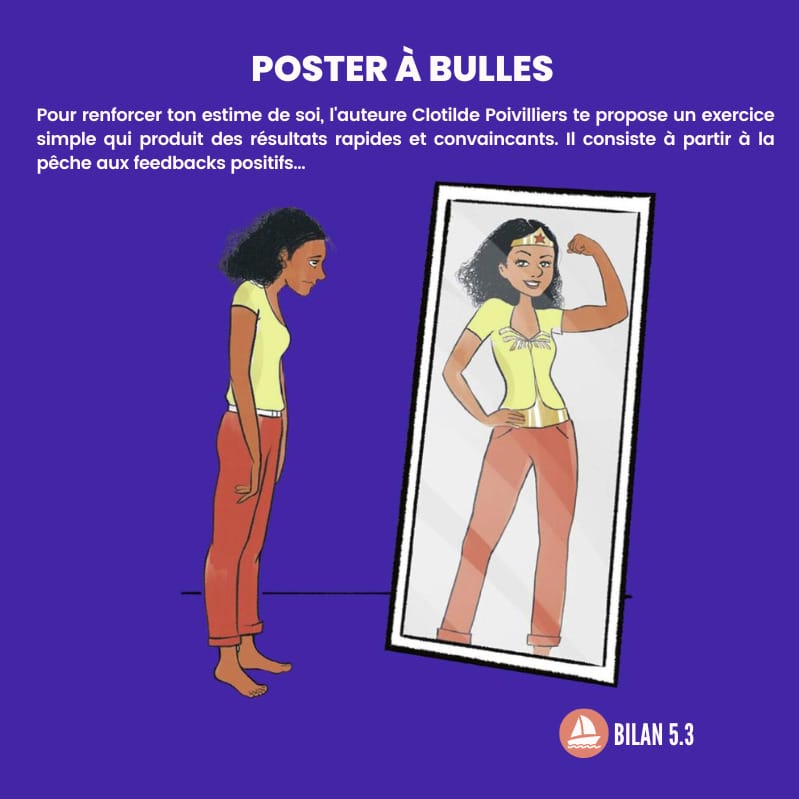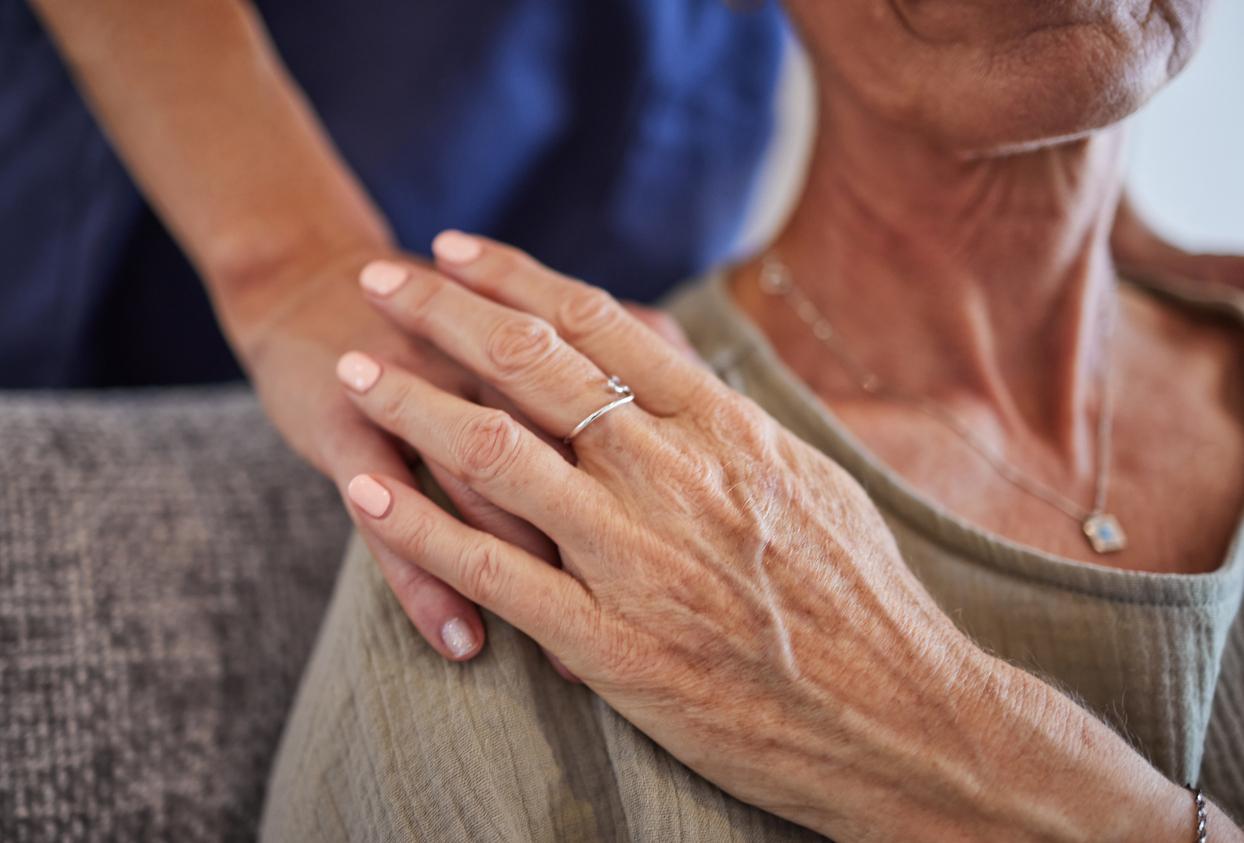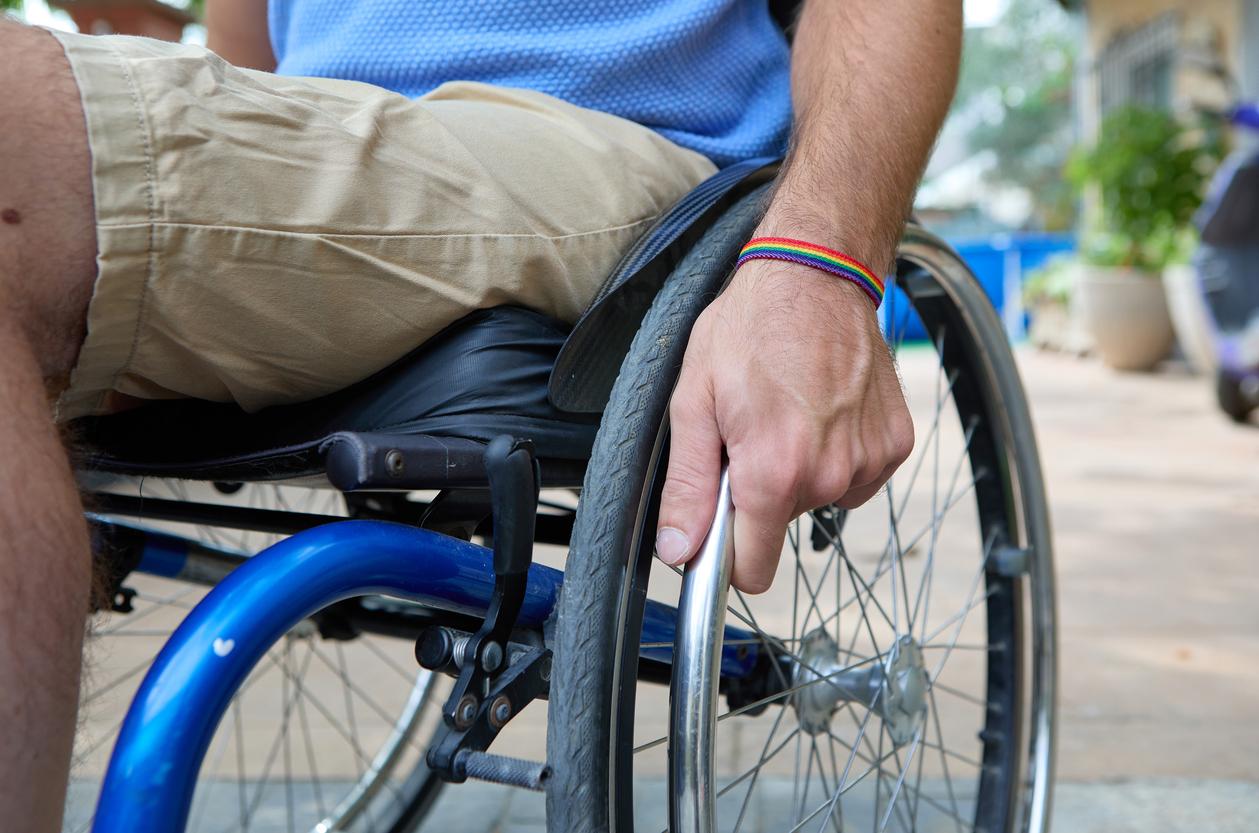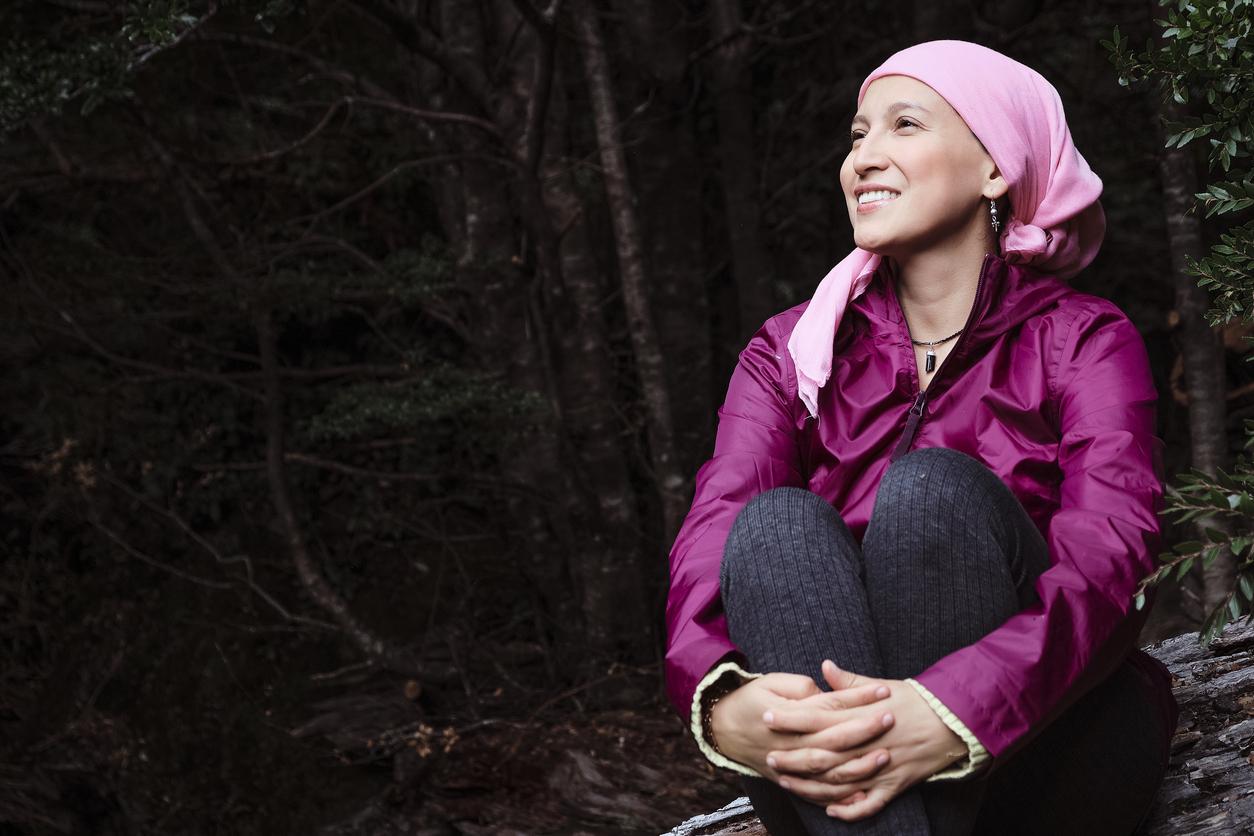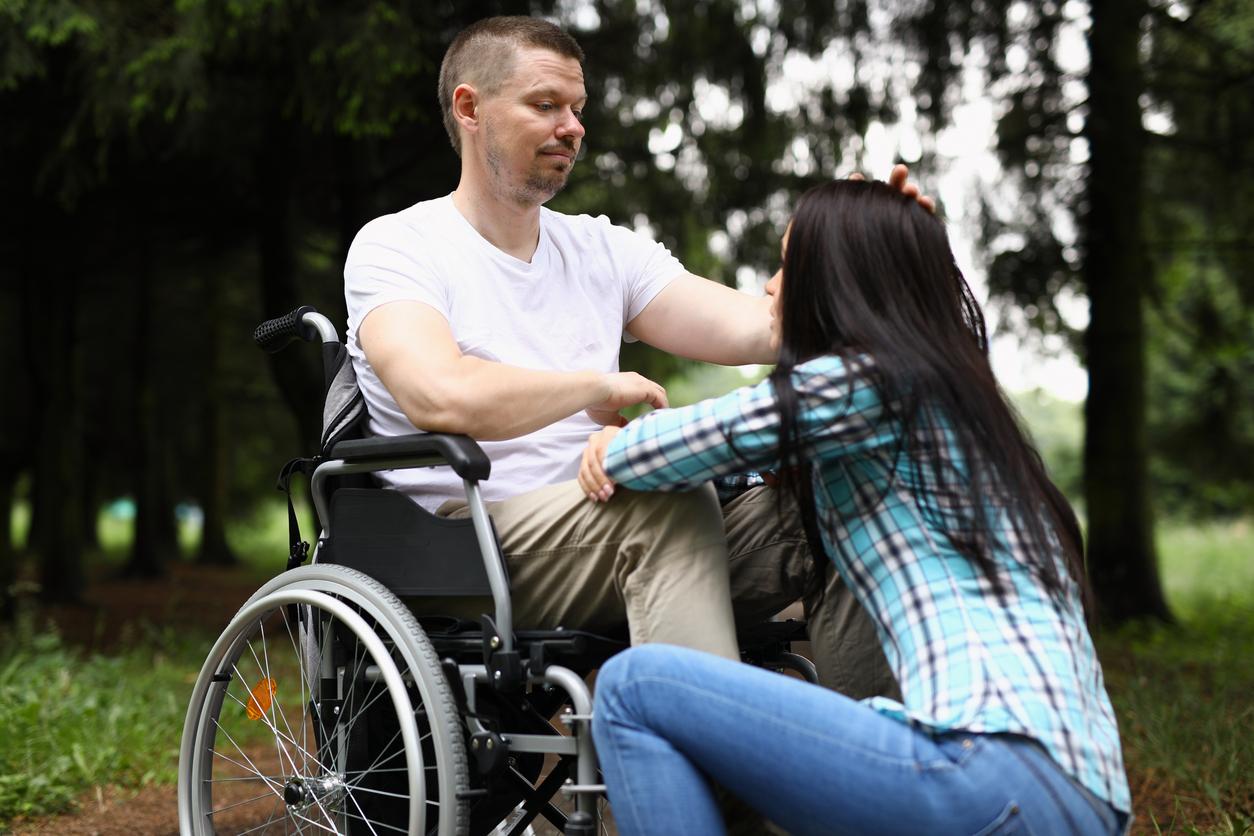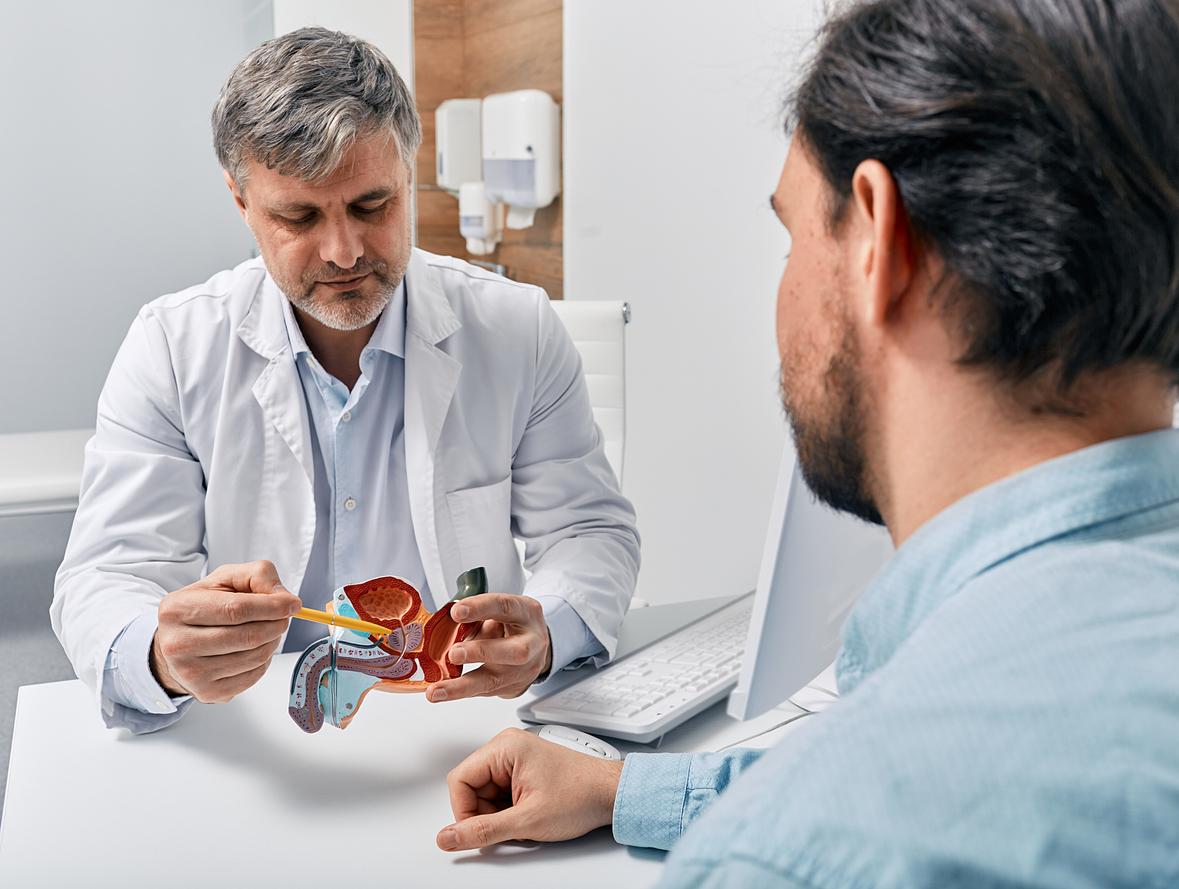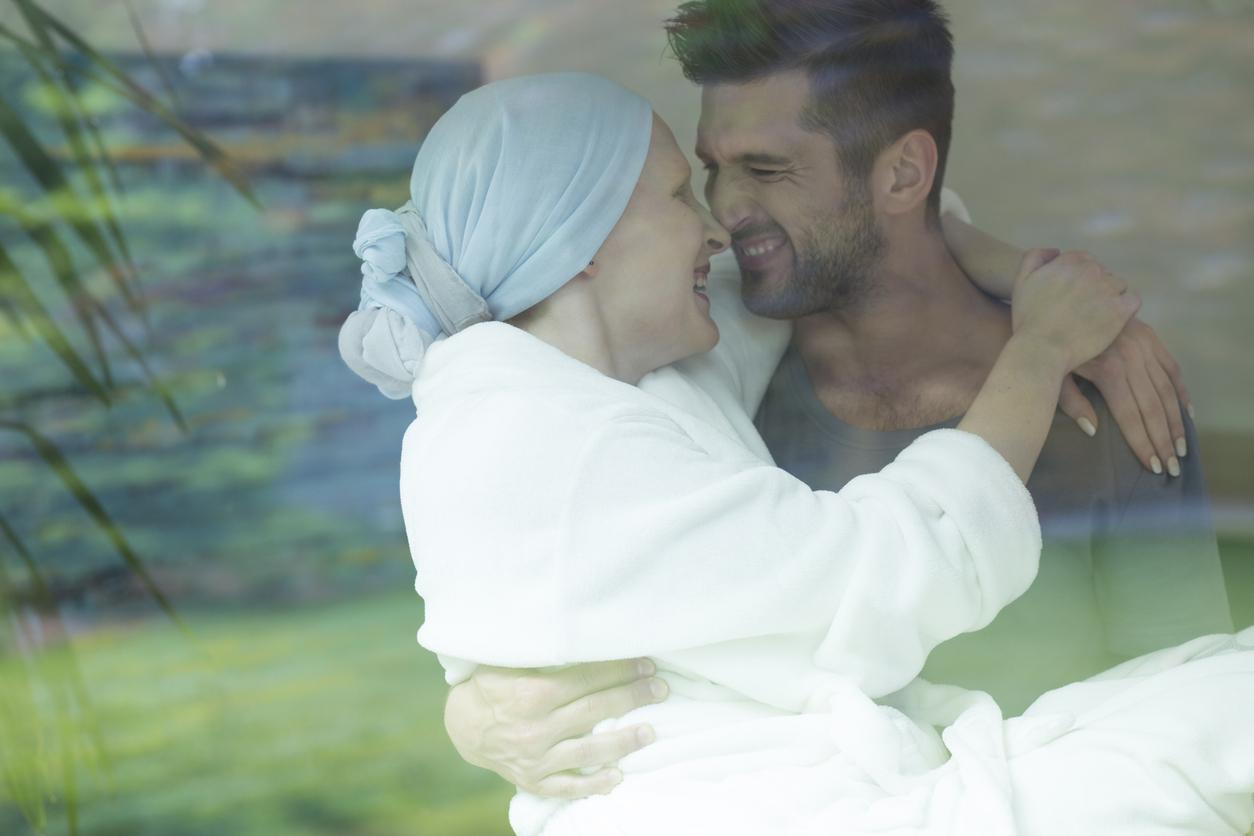Mental load, anxiety… A third of young caregivers (16-25 years old) believe they are in worse health than other French people their age.
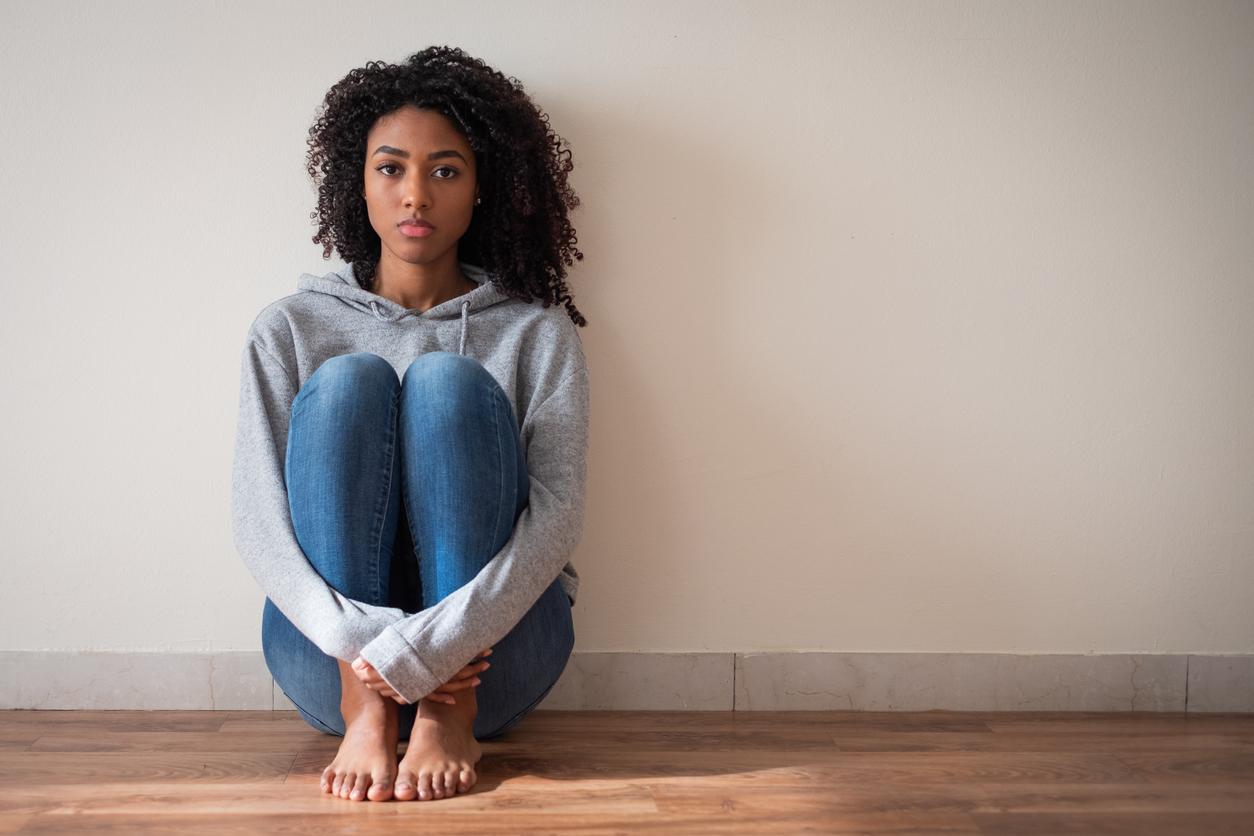
- More than 700,000 young French people regularly help a loved one.
- This heavy responsibility very often impacts their health.
- 54% feel their mission is a mental burden and 27% say they are anxious about going to class.
On the occasion of National Carers’ Day which takes place this Friday, October 6, a new study on young French people who find themselves in this situation was organized by CREDOC (Research Center for the Study and Observation of Living Conditions) with Macif.
700,000 young carers in France
In France, 9.3 million caregivers are involved in supporting a loved one who is weakened by a loss of autonomy linked to age, illness or disability. Among them, more than 700,000 individuals are very young: 22% of 16-18 year olds bear this responsibility, 29% of 19-21 year olds and 49% of 22-25 year olds.
The young people surveyed regularly report helping a parent (32%), a spouse (17%), a child (9%) or even brothers and sisters (56%). “24% support their loved one every day and 38% several times a week, in particular by providing personal care or providing administrative/financial support”, can also be read in the report.

Young carers in poor health
This investment has a strong impact on the health of young caregivers. “A third believe they are in worse health than young people their age,” indeed specify the authors of the survey. The psychological state is also degraded for the majority of respondents, with 54% feeling their mission as a mental burden. and 27% saying they were anxious about going to class.
Other lessons from the survey: 37% of young caregivers had to take a small job to be able to support their family or their partner, 28% requested an adjustment to their course schedules, 30% changed their direction for shorter studies and 24% dropped out completely.
Finally, “40% of young carers consider state aid useful but insufficient to cover all the needs necessitated by their situation”, concludes the consultation.



